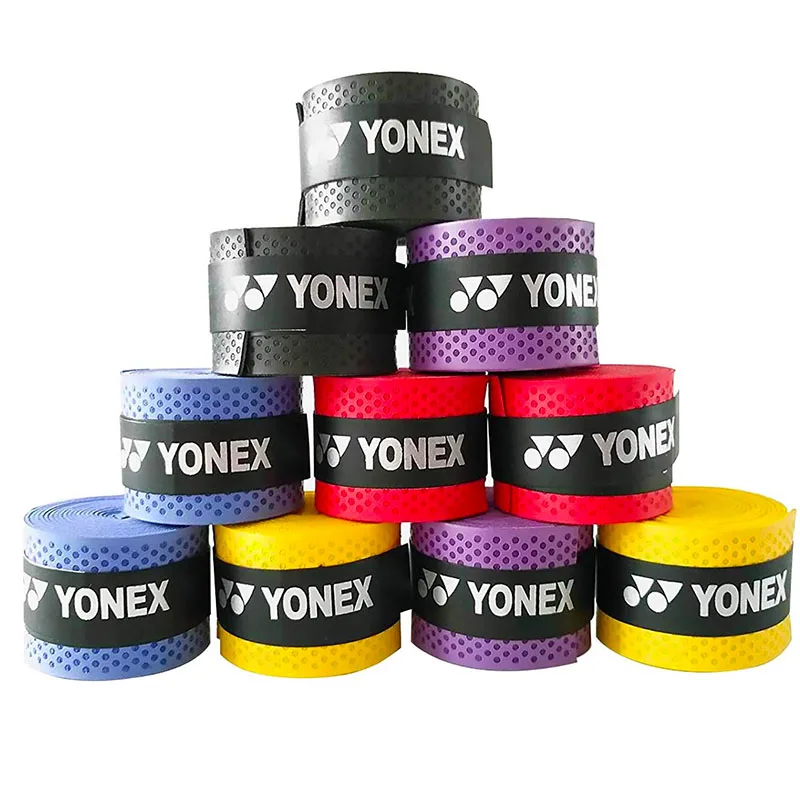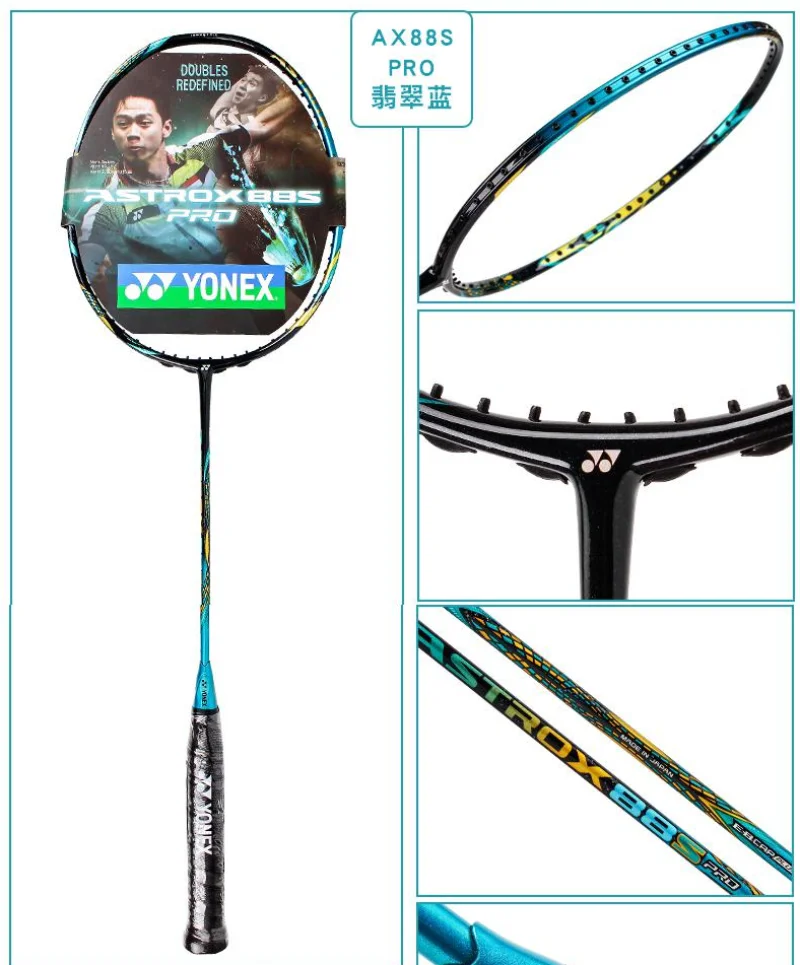If You Have an Old Wooden Boat and Slowly You Replace Pieces of Wood Until Every Piece Has Been Replaced, Is It a New Boat or the Same Boat?
The "Ship of Theseus" paradox, a philosophical thought experiment, explores the question of identity and what constitutes an object's continuity over time. In this paradox, a boat gradually undergoes repairs, with each worn-out wooden piece being replaced with a new one until eventually every original piece has been replaced. The question arises: is it still the same boat or has it become a new one?
Arguments for a New Boat:
- Material Composition: Every single piece of the original boat has been replaced, resulting in a completely different material composition.
- Continuous Identity: There is no clear point at which the boat's identity changed, leading to a gradual transformation into a new boat.
Arguments for the Same Boat:
- Function and Purpose: The boat still serves the same function and purpose as the original, despite the material changes.
- Structural Integrity: The boat's overall structure and form remain unchanged, even though the individual components have been replaced.
- Perceived Identity: People may still recognize and identify it as the same boat, despite its material differences.
Ultimately, the answer to the question depends on one's perspective and definition of identity. Some may argue that the boat's function and purpose outweigh the material changes, while others may emphasize the complete replacement of its original components.
Related Questions:
- What is the Ship of Theseus paradox?
Answer: A thought experiment that questions whether an object remains the same if all its parts are gradually replaced.
How does the Ship of Theseus paradox relate to personal identity?
Answer: It raises questions about whether our identity remains the same if our physical and psychological components gradually change over time.
Is there a definitive answer to the Ship of Theseus paradox?
Answer: No, the answer depends on one's definition of identity.
What are some real-world examples of the Ship of Theseus paradox?
Answer: The Great Pyramids of Giza, which have undergone extensive restoration over the centuries, or a car that has been heavily modified with aftermarket parts.
Can the Ship of Theseus paradox be applied to digital objects?
Answer: Yes, as digital objects can also be gradually modified and replaced while retaining their essential functions and characteristics.
Related Hot-Selling Products:
- Yonex Badminton Racket
- Victor Badminton Shoes
- Li-Ning Badminton Apparel
- Wilson Badminton Strings
- RSL Badminton Shuttlecocks
Pre:Can you sail up the Nile
Next:How long does it take by boat to go from San Francisco to Shanghai


















